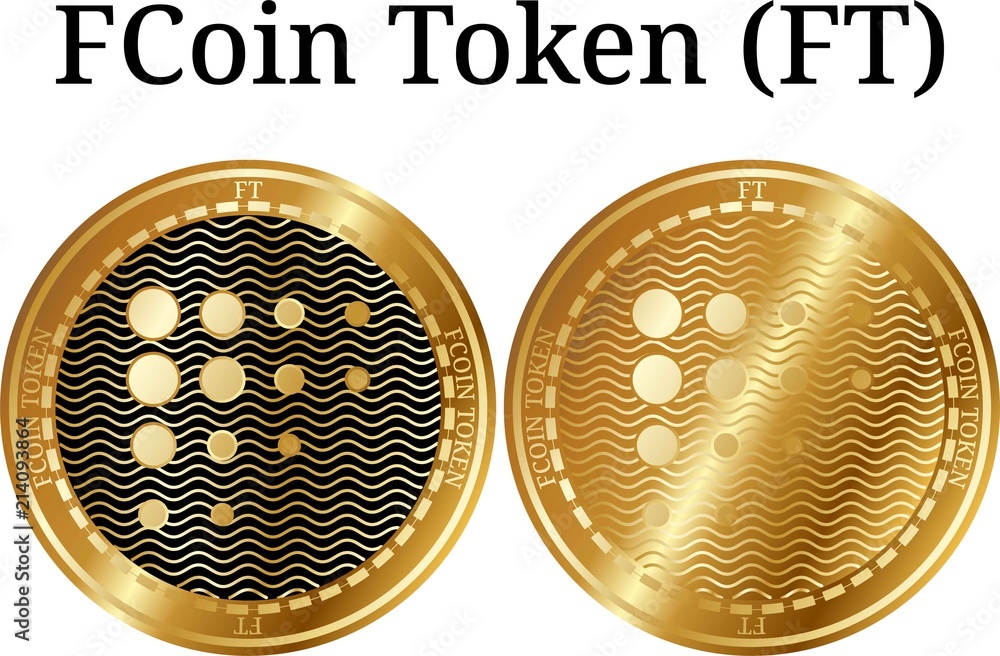The cryptocurrency world is often praised for its innovation, decentralized nature, and potential for financial transformation. However, it is equally a place where risks abound, and caution is always advised. One of the most notable cautionary tales in the crypto ecosystem is that of FCoin, a crypto exchange that rose to prominence quickly but fell just as dramatically. Its story offers valuable lessons for traders, investors, and businesses in the blockchain space.
What Was FCoin?
FCoin was a cryptocurrency exchange launched in May 2018 by Zhang Jian, the former CTO of Huobi, another prominent crypto exchange. However, FCoin was no ordinary exchange. It introduced a revolutionary and controversial mechanism known as “trans-fee mining,” which quickly catapulted it to the forefront of the crypto trading world.
The trans-fee mining model reimbursed users 100% of transaction fees in the form of the platform’s token, FT. Additionally, it incentivized users even further by redistributing 80% of the transaction fees collected (in Bitcoin and Ethereum) back to FT token holders. This model brought a dramatic increase in trading volume and created huge waves in the crypto community.
Why Did FCoin Fail?
Despite its innovative beginnings, FCoin’s story is a cautionary tale of systemic flaws, risky decision-making, and a lack of oversight. Here are the major factors that led to its downfall:
1. Errors in the System
From mid-2018, FCoin’s system began granting users more mining rewards than it should have, effectively creating an imbalance. An incomplete backend auditing system meant these issues went undetected for far too long. This snowball effect resulted in massive overspending that drained the platform of its assets.
2. Token Decline and “Decision Errors”
The value of FCoin’s FT token began to plummet as issues mounted. Zhang and his team attempted to recover the token’s value by buying back FT tokens from the secondary market. However, this decision only added financial burden rather than solving the problem.
3. Mismanagement of Funds
Improper fund controls at the height of FCoin’s popularity further exacerbated the crisis. The mismanagement of assets eventually led the exchange to a point of insolvency. By early 2020, FCoin revealed a shortfall of up to $130 million, rendering it unable to meet withdrawal demands from its users.
4. Lack of Transparency and Oversight
While blockchain technology is often praised for its ability to provide transparency, FCoin’s auditing systems and management practices were anything but transparent. Coupled with rushed implementation of experimental models like trans-fee mining, the lack of oversight led to systemic failings that the company could not recover from.
5. Risky Business Model
The trans-fee mining model, while innovative, drew criticism from the start. Critics pointed out that such a model incentivized wash trading (a form of market manipulation) and led to price manipulation of the FT token. While it brought FCoin massive initial trading volume, the model was unsustainable in the long run.
FCoin’s Collapse: A Major Blow to the Industry
After its insolvency was revealed in February 2020, FCoin paused trading and withdrawals. Zhang Jian addressed users in a public apology, stating that “decision errors” and system flaws led to the crisis but claimed the platform was neither hacked nor a deliberate exit scam. Despite these reassurances, the damage to user confidence was irreversible.
Zhang promised to compensate users for their losses, even pledging revenue from future projects for repayment. However, the incident left a sour note in the crypto exchange industry and served as a stark reminder of the importance of governance and accountability.
Lessons Learned for Crypto Enthusiasts and Investors
While FCoin’s dramatic rise and fall may feel like a distant cautionary tale today, its lessons remain highly relevant. Whether you’re a trader, investor, or blockchain innovator, here are key takeaways from the FCoin saga:
1. High Risk = High Scrutiny
Crypto or blockchain projects that introduce highly innovative yet experimental business models should be viewed with caution. Conduct due diligence and scrutinize the sustainability of the model to avoid getting caught in overly risky ventures.
2. Transparency Is Key
Transparent systems build user confidence and accountability. FCoin’s lack of proper auditing systems and fund management played a huge role in its collapse. Exchanges and blockchain platforms should maintain high levels of transparency to gain and retain trust.
3. Diversify Your Investments
Focusing solely on high-risk tokens or assets (such as FT during its peak) can lead to significant financial losses. Diversification is crucial—not just in traditional finance, but in crypto as well.
4. Understand Incentive Models
Be wary of incentive models that seem too good to be true. Market gimmicks like trans-fee mining may drive short-term gains but often come with long-term risks. Ensure the project you’re investing in has a viable, sustainable strategy.
5. Regulation Brings Stability
While the crypto world largely thrives on decentralization and freedom from traditional regulations, incidents like FCoin’s highlight the need for some level of oversight or checks and balances. A balanced regulatory framework could help mitigate such events in the future.
6. Stay Updated and Vigilant
Keeping up with the latest developments in the crypto industry can help you stay informed about potential risks. Join communities, follow trusted sources, and use tools to monitor your investments effectively.
Closing Thoughts
The rise and fall of FCoin offers a sobering reminder that even the boldest ideas in the crypto world require sound execution, robust governance, and accountability. Without those pillars, even the most innovative platforms can crumble in the face of mismanagement and crisis.
For those looking to explore blockchain investments or participate in crypto projects, the FCoin story underscores the importance of diligence, diversification, and caution.
Remember, while the crypto space offers opportunities to revolutionize finance, it’s not without risks. Always be informed, stay prudent, and invest wisely!








